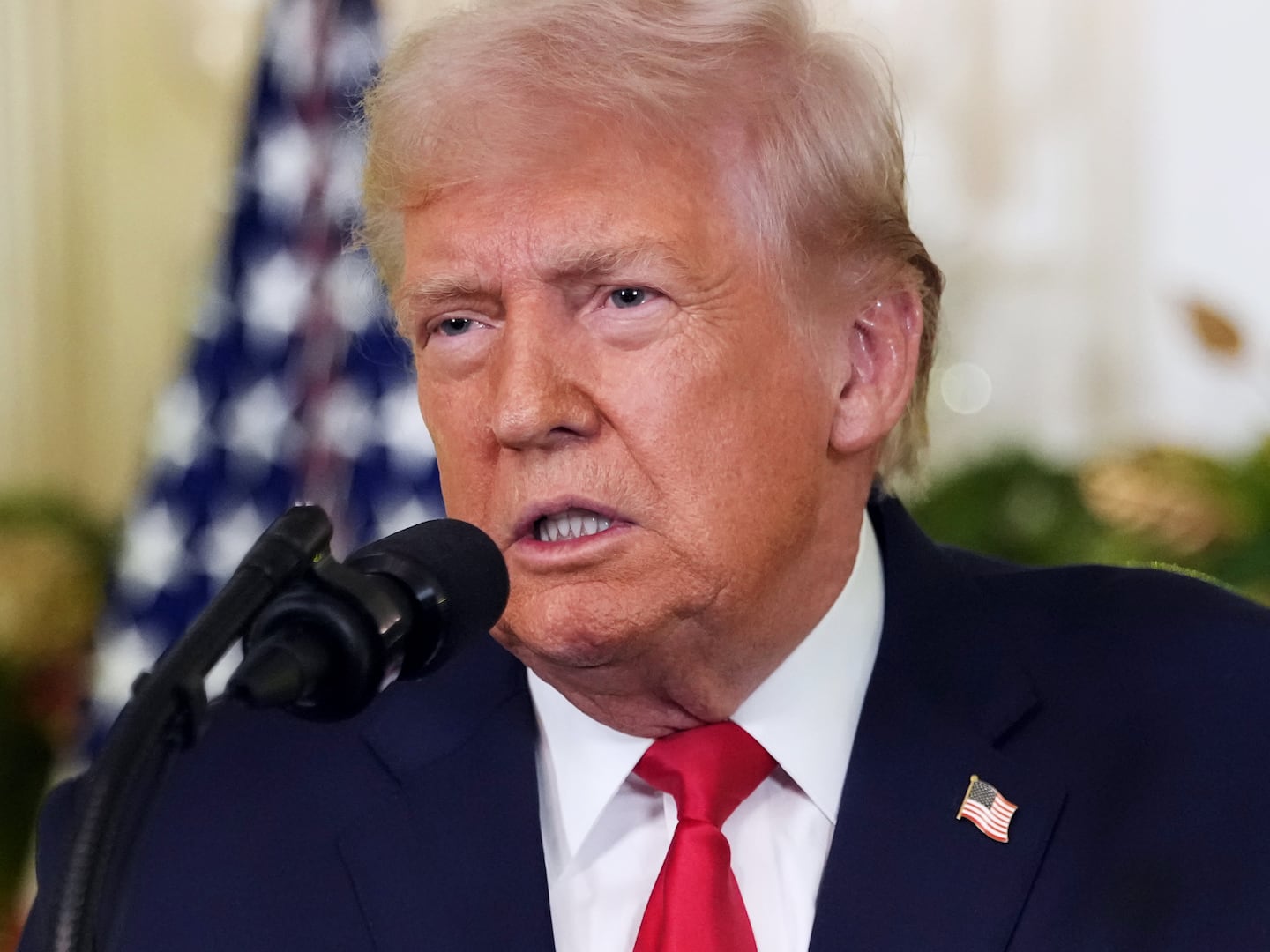
I can still remember one of the worst moments of my time in Afghanistan. Ambushed deep in Helmand Province’s Green Zone, we’d clambered onto the roof of a tiny compound to gain a vantage point to direct fire at the enemy. Four of us, ten foot high on the dusty flat roof, fought for the next twelve hours, taking turns carrying out the suicidal dashes to huts where the rest of the platoon had taken up positions, resupplying precious water and ammunition—and hoping that the “danger close” airstrikes, 1000-pound bombs landing so close you felt rather than heard them, would keep the enemy at bay. Through the night the eerie phosphorous glow of illumination rounds threw nightmare shadows of the enemy creeping forward through the dense crops and firefly tracer rounds ripped through the undergrowth. And then, just when things couldn’t get worse, we ran out of cigarettes. This was “war.”
I thought of that firefight early this fall, as I listened to the British Prime Minister solemnly to read out the names of all the British servicemen who had lost their lives over the summer. The list was long—some 37 names in total—which is perhaps why, as the public and the media have belatedly realized its importance and its cost, the conflict in Afghanistan has become one of, if not the, issue of national concern. A minute of silence was observed in the House of Commons before the partisan squabbling and inconsequential point-scoring resumed, and the politicians returned to business as usual.
I had friends who had no idea what was going on in Iraq and Afghanistan while London boomed and busted and everyone was more excited by who was being voted off Big Brother. It was incredibly frustrating realizing that people weren’t engaged. But it is similarly frustrating now that everyone is an armchair expert.
Is war too serious a matter to entrust to military men? Across the Channel nearly a century ago, that was the view of George Clemenceau, President of France at the end of the First World War. And I suspect the British politicians returning to governing the country after their long summer recess would whole-heartedly concur. The conflict in Afghanistan has barely been off the front pages all summer and if successive batterings over inadequate kit and ignored strategic advice have bloodied the already wounded Labour government, so, too, has the Conservative opposition recently been bruised by some well-intentioned but naive political maneuvering, which has seen the outgoing head of the British Army, General Sir Richard Dannatt, announced as a potential future government adviser with what many consider unseemly haste.
• Elise Jordan: Why Afghans Are Turning on America• Thomas E. Ricks: The Generals Aren’t Necessarily Right• Peter Beinart: Is Biden the New Rumsfeld?Watching the PM on the BBC website, I was reminded of being pulled off that roof for my R&R and suddenly finding myself back in London, gun-oil and Helmand dust still gritty under my fingernails. Barely 48 hours after being pulled out, I found myself taking afternoon tea in the same Houses of Parliament; the Earl Grey and scones and gothic splendor could not have been further from the carnage I’d just escaped. I would return ten days later—and the well-meaning questions of curious MPs just underscored how far apart the fighting trenches and the corridors of power actually are. After an unprecedented torrent of what soldiers call “ground truth,” it seems small steps are being taken in the right direction.
Every man, woman and bomb disposal dog in Helmand could have told the government more troops are needed. It seems that the former head of the Army did precisely that—yet it has taken a summer of denials that anything needed to change, and the vocal and persuasive performance of American General McChrystal, to bring about the announcement late last week that 500 further combat troops would be sent to support the UK contribution to the ISAF (International Security Assistance Force) mission.
The other debacle has been over helicopters—the sort of debate that would almost have been amusing to watch if it wasn’t the sort of thing that was costing lives. Again, absolutely everyone who’d ever so much as visited Helmand on a day trip could see that the Task Force needs more lift capacity. But the politicians insisted, bewilderingly, that on the one hand we had enough helicopters and on the other hand, every effort to get the extra helicopters we didn’t need out to Afghanistan was being made.
Soldiers mostly try to avoid politics and maintain a healthy mistrust of politicians--regardless of their party loyalties. Years of hard training in the stoic acceptance of being messed around is summed up in the favorite Army phrase, usually delivered with a shrug of resignation as everyone wonders what’s gone wrong somewhere up the chain of command: “on the bus, off the bus”. Coming home from Afghanistan at the end of 2007, I was persuaded to write a book about my time in the Army—partly to try and help fill in some of the huge gaps of understanding between the military and civilian worlds. I had friends who had no idea what was going on in Iraq and Afghanistan while London boomed and busted and everyone was more excited by who was being voted off Big Brother. It was incredibly frustrating realizing that people weren’t engaged. But it is similarly frustrating now that everyone is an armchair expert. And the cynical among us wonder if this isn’t just part of the inevitable gathering momentum towards a long-overdue general election.
At some point in the next fortnight or so we’ll learn whether President Obama will “match” the UK’s uplift in force numbers with 40,000 or so American troops. I hope he does so—for it will not only be the difference between life and death for those already serving, but possibly between winning and losing in an important and misunderstood conflict. People have been concerned about the political intervention of our top generals in recent weeks and rightly so; the armed forces should have decisive input, but ultimately follow orders; our officers should lead their men, not the agenda. Meanwhile, as Parliament returns, attention will no doubt revert to further unedifying revelations about the grubbiness of our “honorable” members and their expense claims. Sometimes it’s hard not think that Clemenceau was only half right: war is also far too serious a matter to entrust to politicians.
Patrick Hennessey served as a Captain and Platoon Commander in the Grenadier Guards in Iraq and Afghanistan, and is now training to be a barrister. He is the author of THE JUNIOR OFFICERS’ READING CLUB, a bestseller in the UK which will be published in the US next year by Riverhead.





